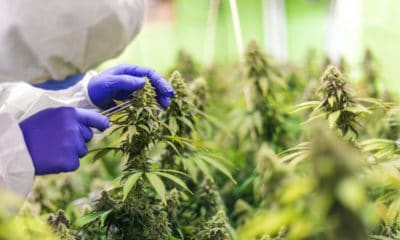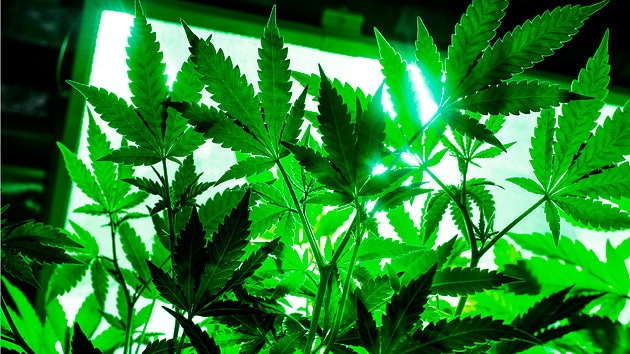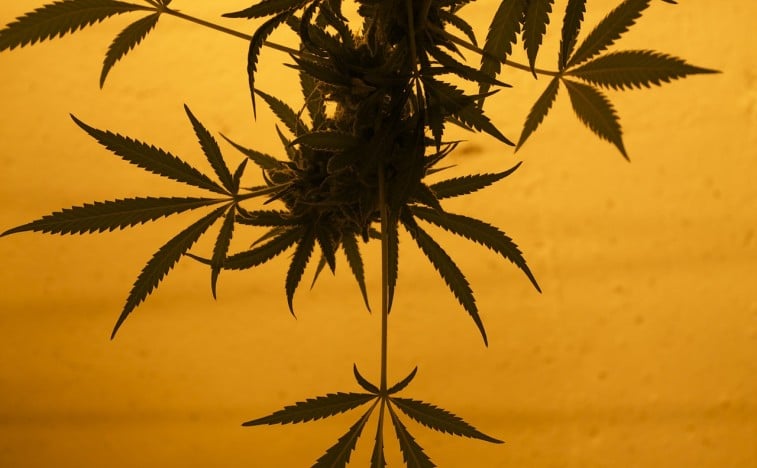CBD CONDITIONS & TREATMENTS
CBD Application: Hepatitis C
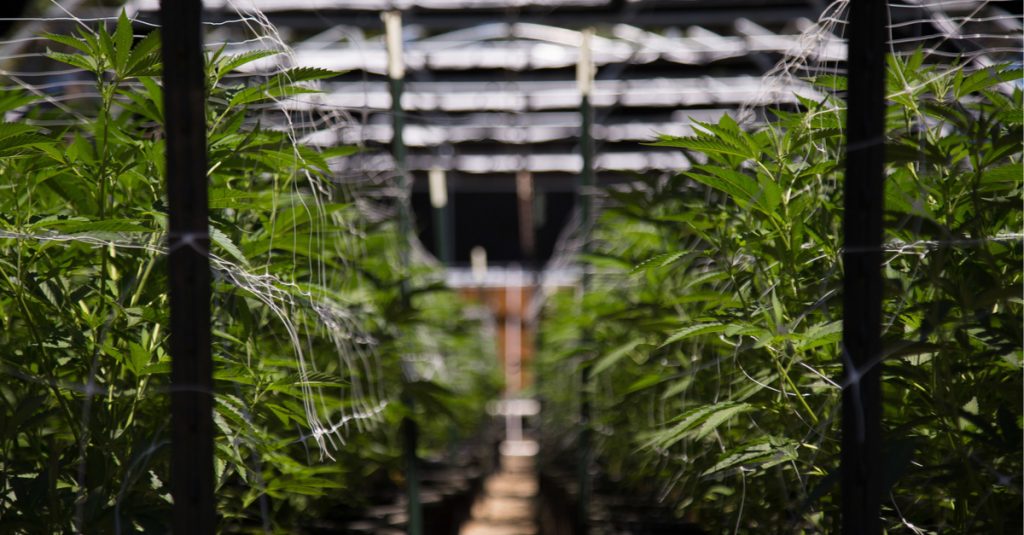
It’s become almost a cliché to note that Cannabidiol (CBD) has surprised the world in terms of the number and variety of different medical conditions that it seems to able to help in some way. One that may be most surprising to the medical orthodoxy is Hepatitis C.
But anecdotal research has been suggesting that this, too, may be vulnerable to the extraordinary powers of this compound derived through extraction from the cannabis plant.
According to the World Health Organization, approximately 140 million people around the world have the HCV virus as a chronic condition. At this point, over 58k people die each month because of this virus and the disease triggered by it, called hepatitis C.
Geography, HCV, and CBD
With that kind of gigantic mortality rate, it’s clear that something must be done. But, with current therapies, many people in the most affected areas of the world don’t have any viable options other than antiviral medication, which is often in short supply in the developing world, where this problem is most common. That’s why this disease has been so devastating.
That’s also why we are so excited about news that CBD may offer some help to those suffering from the HCV virus and Hepatitus C. Counseling and education are already a part of the program, but CBD Oil can be another piece of the puzzle.
Given that the third world is such a central part of the Hep C story, its hardly surprising that a big factor is about economics. The cost of just 2 treatments can reach upwards of $170k, which is another point that makes it so clear that we need to find another way.
At this point, CBD Oil is still too expensive for widespread use in developing countries as a treatment for Hep C, but this curve will change over time, so relevant research is continuing.
Next Steps Toward a CBD Treatment for HCV and Hepatitis C
This curve of costs will shift over time, but we will also need to see the major international health institutions (such as the World Health Organization and World Health Assembly) approve the use of CBD as a treatment for HCV and Hep C.
In the case of the WHA, we are talking about 192 members representing as many different nations. Hopefully, as more and more research emerges that supports this idea – that CBD oil is a viable and important treatment for this terrible health problem – we will see a ratification step taken by these delegates.
That step will incentivize greater production, which will help battle costs and make this a realistic process. However, even at that point, the issue of transportation will still have to be addressed. There is a striking problem of piracy en route as medical treatments are the Spanish gold of the 21st century.
The next part will be to provide educational resources to train local third world medical staff to properly administer treatments. Hence, there are many hurdles still to go.
Research Update: CBD and Hep C
One of the benefits of so much new interest coming into the field researching CBD as a medical option is a lot of data and focus. So far, screening of cannabidiol (CBD) has revealed that CBD is active against HCV but not against HBV in vitro.
CBD inhibited HCV replication by 86.4% at a single concentration of 10 μM with EC50of 3.163 μM in a dose-response assay. There isn’t much question that this powerfully suggests that CBD should be further mobilized in the research and therapeutic trajectory in the battle against HCV and Hep C. The main point is that the clear antiviral activity of CBD against HCV indicates that this molecule has an effect against both the viral and nonviral hepatitis, otherwise known as autoimmune hepatitis (autoimmune hepatitis is an inflammatory liver condition elicited by activated T-cells and macrophages). Studies have shown that CBD by interacting with the CB2 receptor induces apoptosis in thymocytes and splenocytes inhibiting the proliferation of T-cells and macrophages.
Those are the factors in charge of moving against the body in the liver. In all, cbd inhibits the replication of HCV by over eighty-five percent. As it stands, these are very encouraging results and suggests the CBD is a key potential player in the battle against HCV and Hep C.
Another examination concerning the restorative impacts of CBD may bring the genuinely necessary ray of sunshine to the outlook for those currently patients that experience the ill effects of hepatitis C. Quite a long while may go until a real cure for the HCV infection, which is the one in charge of hepatitis C, will be created. In any case, this is uplifting news and we can dare to dream that the cure will be accessible at the earliest opportunity, giving such a significant number of patients out there the opportunity to appreciate an ordinary life.
Regardless of whether the HCV infection influences such a significant number of individuals, there isn’t any antibody that could keep the malady from creating. It merits realizing that HCV is transmitted through contaminated blood in the greater part of cases, such as having similar infusions for the organization of medications, which is regular in immature groups, or if the restorative gear in healing centers isn’t appropriately cleaned. In any case, it can likewise be transmitted through unprotected sex. But, as we have covered, the upshot is often liver failure, liver cancer, and cirrhosis.
In conclusion, there are many steps left to go as we look to a future where CBD Oil is widely used as an effective treatment for HCV and Hepatitis C. But the momentum is in place and we have much data that supports continued interest in this direction. Once the scientific community on the establishment and institutional side comes on board, the potential looks very bright.
BENEFITS OF CBD
What Works Best for Treating Pain with CBD Tincture, Soft gels or Creams? #CBD Tincture #Best All Organic CBD Cream
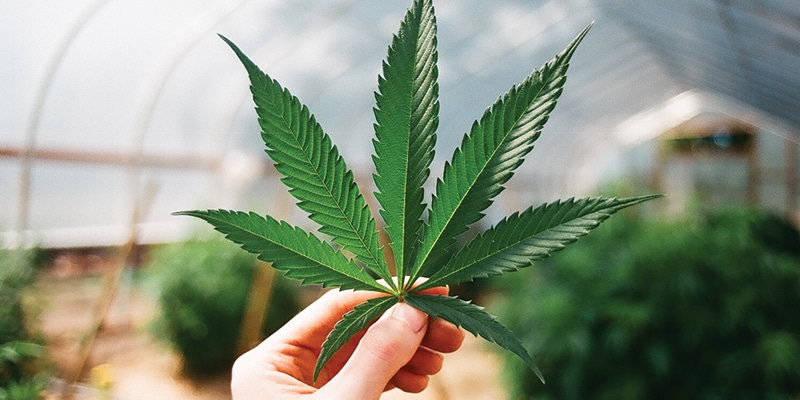
Cannabidiol (CBD) products such as oils and topicals have become a popular natural remedy for pain. While research is still underway, first-person accounts of the benefits are taking the world by storm.
New products are popping up in every direction you look from CBD oil and CBD tinctures to CBD cream and CBD soft gel capsules. So, no matter your preference, there is a form of CBD to help you treat your pain. Treating pain and inflammation is part of the many benefits that CBD offers the user. Let’s take a deeper look into CBD and pain:
What is CBD and will it make me high?
Many people are skeptical of using CBD as a remedy because of the connotations that come with using a compound that comes from the cannabis or hemp plant. In fact, CBD is the non-intoxicating compound of the cannabis plant and will not make you ‘high’ as if you were smoking marijuana.
The more well-known compound of the plant, THC (tetrahydrocannabinol) is what creates the high. Some CBD oils carry trace amounts (less than 0.3%) of THC. However, oils derived from hemp rather than cannabis do not contain any THC and these are legal in all 50 states across the USA.
How CBD works to reduce pain
When it comes to CBD and pain, this affects the endocannabinoid system in the human body. The endocannabinoid system creates endocannabinoids (its own cannabinoids). The system receives and translates signals from the endocannabinoids and any cannabinoids from CBD products throughout the body.
The endocannabinoid system regulates a variety of functions in the human body. These include immune system responses, sleep and most notably, pain. While CBD does not directly affect the endocannabinoid system according to available research, it does initiate the activation or inhibitions of certain compounds in the body.
CBD in the body can cause a reduction in the absorption of anandamide, a neurotransmitter that helps to regulate pain. Thus, CBD will cause the body to absorb less anandamide, increasing levels in the bloodstream, leading to relief from pain.
The effects of CBD on inflammation to treat pain
Inflammation is the body’s protective response against harmful stimuli. Inflammation is often accompanied by pain, redness and swelling. By treating the cause of the inflammation, you can relieve the pain you might be feeling.
This is one of the most popular ways that CBD is being used as a natural alternative remedy. Since inflammation is one of the body’s immune responses, it is regulated by the endocannabinoid system. So, once again, CBD interacts with neuroreceptors in the body to deliver an anti-inflammatory effect.
By reducing areas of inflammation in the body, CBD can, therefore, help to relieve the pain caused by inflammation. Sometimes the body triggers inflammation when there is no harm done to the body, such as in the case of many autoimmune diseases. CBD oil can greatly help remedy the symptoms of these diseases.
Finding quality CBD products
When using CBD products to relieve pain, you want to find a high-quality CBD product. Be sure to check the details of the oil, tincture or topical that you intend to buy. You want to look for information such as the THC percentage and ensure it is a hemp-derived CBD (especially if you live in a state that has not yet legalized marijuana).
Purchasing your CBD products from a trusted supplier like Greenleaf Farms will ensure that you are receiving a high-quality product. Their hemp is grown under the perfect conditions with no pesticides or herbicides used.
When purchasing from a trusted supplier, it generally comes with the guarantee that you are receiving a pure and authentic CBD to treat and relieve your pain and inflammation. You can also rest easy knowing that your CBD product has been produced with care and your health in mind.
BENEFITS OF CBD
CBD and Depression Treatments
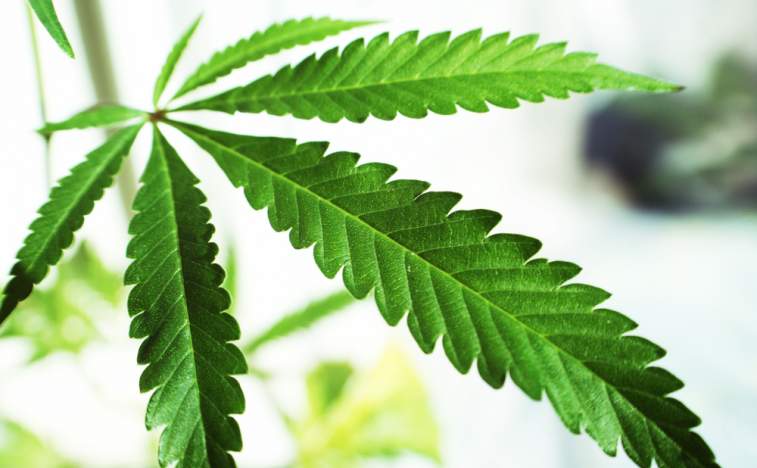
Harvested from the marijuana plant, cannabidiol (CBD) is extracted from the leaves after harvesting. Although marijuana is known for its mood-altering components, CBD is not one of them. The THC (tetrahydrocannabinol) in cannabis is the main compound in marijuana that causes this effect.
CBD products have minimal traces of THC in them, so there is no chance that this compound can have any adverse effects on the user. The legal requirement is that CBD must contain 0.3% or less THC. Producers who don’t comply risk having their product seized and growing license revoked. The tiny amounts of THC mean that CBD cannot cause the stereotypical high that most people associate with marijuana use.
There are several CBD products the user can choose from, including CBD oil, CBD ointment, and CBD tincture. The conditions it is used for prescribes how CBD should be ingested. Greenleaf Farms’ products come in a large range designed to suit the needs of any user.
As more and more people turn to CBD as an alternative remedy, the list of conditions for which it is recommended is growing. Among them is CBD and depression.
Is there a connection between CBD and depression support?
Depression is caused by a chemical imbalance in the brain. The neurotransmitters that are responsible for communication between the brain and the rest of the body are out of sync. The neurotransmitter most associated with depressive disorders is serotonin.
CBD has been shown through studies to interact positively with the serotonin neuroreceptors in the brain. This helps to maintain healthy serotonin levels.
Serotonin is essential for a feeling of well-being. It can govern a person’s emotional state. An imbalance can cause havoc on a person’s emotional and physical health.
Most people with depression have to take antidepressant medication. The most common antidepressant is fluoxetine, which people may know by the name Prozac. Prozac is an SSRI (Selective Serotonin Reabsorption Inhibitor). The drug prevents the body from losing serotonin through reabsorption into the body. This function allows SSRIs to help maintain steady serotonin levels in the brain of the user.
Other neurotransmitters targeted by certain antidepressants are noradrenaline and dopamine. When an SSRI doesn’t produce the desired result, a doctor will prescribe these drugs to a patient.
The side effect debate
While pharmaceutical drugs might be helpful to a depression sufferer, they have a lot of side effects. These include:
- A notable increase or decrease in appetite
- Weight gain or loss
- Changes in sleep patterns
- Mood swings
- Sexual dysfunction such as a loss of the libido
In addition to these side effects, antidepressants may have the opposite effect of that which is desired. This can lead to deepening depression, thoughts, and acts of self-harm, suicidal ideation, and the act of suicide itself.
Another serious implication of taking antidepressants is that some of them are habit-forming. The patient develops a dependence on them, which may be hard to quit.
While CBD has its own side effects, many users report that they are less severe than those of antidepressants. The side effects of CBD are similar to those of most antidepressant medication.
Is there a real possibility that CBC can help patients with depression?
While CBD has been shown in animal studies to have an antidepressant-like effect on its subjects, it is by no means an antidepressant. Scientists are still studying how it works. However, what has been discovered to date bodes well for CBD as a potential treatment for depression.
As a natural remedy, CBD is easier for the body to process, unlike prescription drugs. People who favor a more organic approach to treatment are turning to CBD in the hopes that it will reduce or eliminate the need for antidepressants.
People in treatment should NEVER abandon the medication regime their doctor has prescribed. Doing so can pose a severe threat to their future well-being. An alternative such as CBD oil should always be discussed with a medical professional before implementing its use.
BENEFITS OF CBD
Can CBD cure Colitis and Crohns?
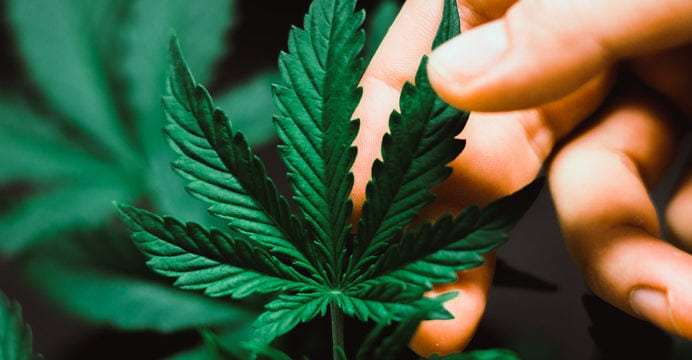
Colitis and Crohn’s are two diseases with a number of similarities, and both characterized by gastrointestinal (GI) inflammation. However, the two are different in subtle ways that affect the kind of care given to people that have them.
Both diseases are currently treated in the same way – through proper use of medication that targets the inflammatory response and reducing symptoms. Particularly, reducing the frequency of flares – referred to as maintaining remission – is a useful goal. With the proper administration of treatment, periods of remission can be extended, and the frequency of flares reduced.
One of the emerging methods that have been under study and shows great potential for future drugs is CBD oil, perhaps due to its anti-inflammatory properties.
Current methods of diagnosis and treatment of colitis and Crohn’s
Crohn’s disease and ulcerative colitis are both inflammatory bowel diseases (IBDs) that are characterized by uncontrolled inflammation. This results in gastrointestinal symptoms, and, if left unchecked, necessitates surgery or may lead to disability.
Currently, we do not know what causes them nor do there exist drugs for treating them. At best, people suffering from the condition can have their quality of life improved by controlling the symptoms, inflammation and carrying out immune-based therapies.
More recent advancements in medicine have enabled the management of these symptoms through a process referred to as ‘deep remission.’ This involves objective evidence of biochemical changes in the bloodstream and has been attributed to marked improvements in patients’ well-being.
Despite these advances, there are still significant gaps in the treatment process of IBDs. A lot of patients suffer nonspecific symptoms such as loss of appetite, fatigue, nausea, and weakness. With the rise of CBD into the spotlight, especially after the legalization of hemp-sourced CBD oil, CBD and Colitis and Crohn’s ought to be tangled together in the near future.
All evidence we have so far seems to suggest that CBD can help in the management of the disease. Despite being renowned for its anti-inflammatory properties, there isn’t any definitive proof of it controlling inflammation in this case. Instead, it helps to keep a number of other symptoms in check.
Role of CBD in managing colitis and Crohn’s
Inflammation is an immune system response to attacks by foreign bodies. It helps to prevent infection and kill pathogens, but can also be harmful if it goes on for a long time. Often, the immune system goes awry and begins attacking itself, as is the case with Crohn’s disease, where the gut is continually under attack.
It’s also worthwhile noting that the human body is composed of networks of neurons and receptors found all over the body. The endocannabinoid system (ECS) is one such network, composed primarily of CB1 and CB2 receptors. The ECS is responsible for maintaining homeostasis in the body, including everything from controlling hunger, reacting to pain and controlling the circadian rhythm.
CBD oil has been shown to effectively combat nonspecific symptoms such as nausea, reducing pain and, most important of all, reducing inflammation. Scientists have not reached a solid conclusion regarding the latter of these effects, especially with regards to CBD and Colitis and Crohn’s disease.
Empirical and anecdotal evidence seems to point towards improvement in patient’s general health, work productivity and social functioning, and a subsequent reduction on pain and depression in patients. CBD has also been demonstrated to be very helpful in the relief of abdominal pain, diarrhea and an increase in appetite.
Each of these are currently known effects CBD tends to have on the body, and it doesn’t come as much of a surprise the same can be achieved in people with Crohn’s/Colitis. Major CBD outlets lime Greenland Farms have also routed a decrease in the need for Colitis-related medication upon the use of CBD oil for treatment.
We may not currently have concrete evidence to support the action with which CBD is thought to act, but it definitely leads to a definite improvement in the quality of life of people with Crohn’s/Colitis.

